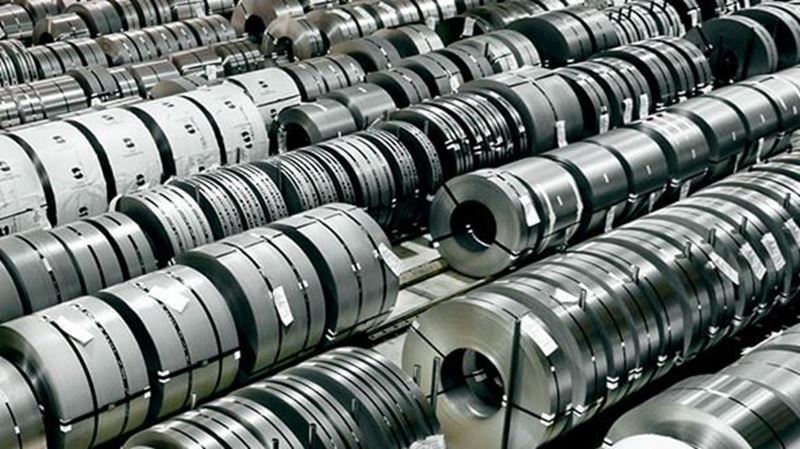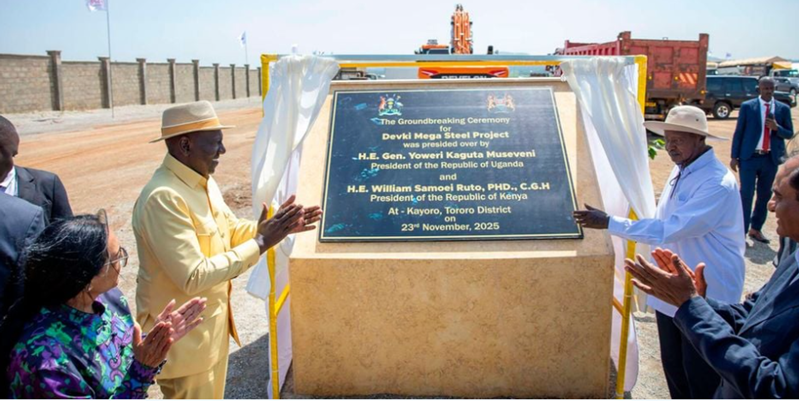Under the EU Steel and Metals Action Plan, a comprehensive review of the Carbon Border Adjustment Mechanism (CBAM) is expected in the fourth quarter of 2025. This review will include both an anti-tax-avoidance strategy and a legislative proposal aimed at extending the mechanism to downstream products with a high steel and aluminum content.
However, ASSOFERMET stresses the need for temporary measures to protect the EU manufacturing sector and importers, particularly regarding the obligation to purchase CBAM certificates, which will take effect on February 1, 2027.
In a letter sent to MIMIT, ASSOFERMET listed the cases where an exemption from the CBAM certificate purchase requirement is requested:
-
Imports of steel and aluminum cleared through customs from January 1, 2026, before the publication of the definitive reference parameters (benchmarks and/or default values).
-
Imports of steel and aluminum cleared within five months after the publication of these reference parameters.
So far, the final benchmarks have not been published, and their release in the Official Journal of the EU is only expected sometime in 2026. This lack of information creates significant uncertainty about the actual cost of CBAM, forcing importers to place “blind orders” to prevent stock shortages and maintain supply continuity for their customers.
ASSOFERMET warns that failure to introduce temporary measures could jeopardize:
-
The economic stability of importers and their clients,
-
The continuity of EU production cycles in case of raw material shortages,
-
The entire EU manufacturing sector, due to unpredictable price increases and market uncertainty.
The proposed temporary measures are time-limited, reasonable, and acceptable, and would not affect CBAM’s overall implementation. Instead, they aim to ensure a fair and sustainable application of the mechanism during its initial phase.
ASSOFERMET hopes that Italy will promote a realistic and pragmatic approach in Europe—one that protects the environment, industry, and employment—and that the relevant ministries (MIMIT, MASE, MAECI, and MEF) will carefully assess the organization’s requests.









Comments
No comment yet.